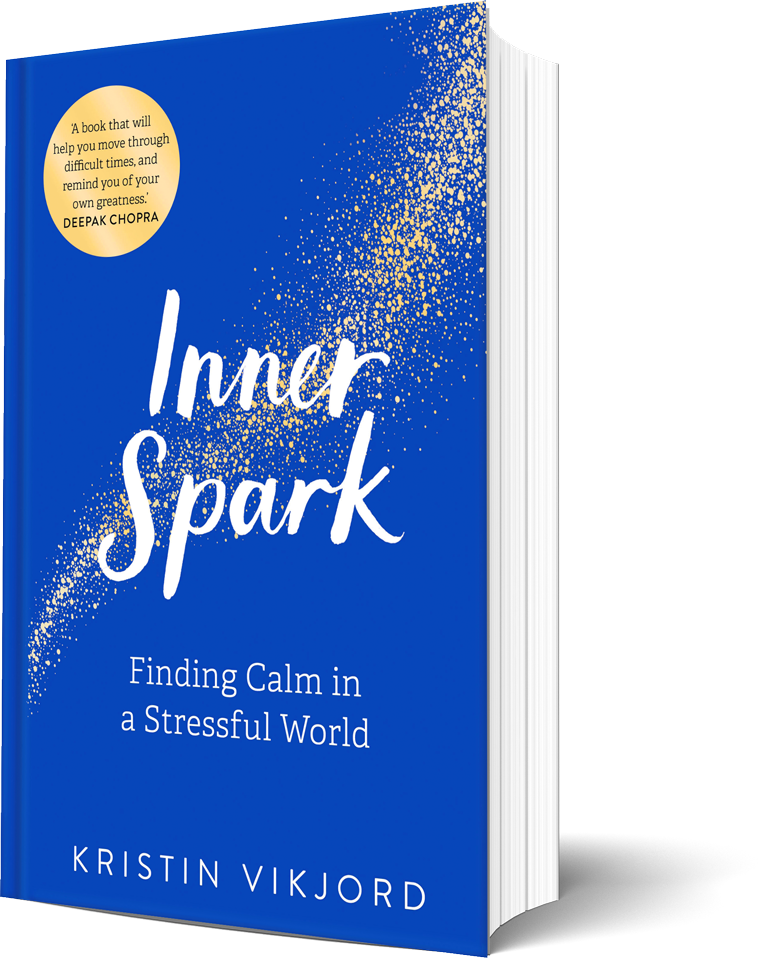02 Dec Yoga as Clinical intervention
Yoga practice is a process. It’s a process touching many levels of the individual, of being human. On the psychological level, deconstruction of the conditioning of the mind is one potential outcome, where your “true” self and the beliefs you have about who you are in the world are disclosed for you. Undisputable millions of people globally, with a particular density in the west, find yoga meaningful. Despite being a system of standardized practices, it’s clearly versatile and flexible to touch the variety of individuals engaged. Practitioners distill what is meaningful for them, based on whom and where they are in their life journey. The contemporary understanding of yoga is probably as multiple as there are practitioners.
Many psychological aspects emerge in the process of yoga. The topic of existentialism is as relevant as ever and for sure has been most intriguing for mankind since the dawn of day. Questions like who am I?, were do we come from?, what is the meaning of our existence?, and so forth are recognizable throughout cultures, times, and societies.
Yoga as we know it today, concise from a matrix of spiritual and philosophical traditions, originated as practices to connect with the Gods and deities, and applied as healing treatments for illness and disease. The therapeutic approach still stands strong, as the western healthcare systems embrace certain parts of the ancient alchemy of practices. Psychologist since the 19th century has been intrigued by the eastern waves of thinking, and today we see clear references in both cognitive and dynamic approaches, like mindfulness and mentalizing. Mindful Yoga, other mindfulness based programs, as well as Compassionate Focused Therapy and Trauma Sensitive Yoga illustrates this direction clearly.
As a psychologist many aspect of yoga fascinates, and resonates with the psychology of everyday as well as complimenting traditional approaches in intervening within certain populations. Bringing in the body and breath as part of clinical treatment enriches the narratives of the individual, expanding into a more nuanced landscape, including more of the individual’s experience of being in the world. The science of yoga can induce benefits moving anywhere from connecting, expressing, to regulating emotions, which is enhancing for mental well-being in most people. In certain cases this exposure can trigger repressed or traumatized experiences, advocating multidisciplinary expertise in the relevant population/disorder in treatment as well as appropriate yoga training in the therapist.
Identity or sense of self is another psychological topic of interest which the practices of yoga invite. Even though the aim in meditative traditions is to transcend the self, this is a rare outcome for most practitioners. The process of yoga first of all takes us into the swirl of self-inquiry where awareness of cognitive and emotional patterns reveal your sense of self and identity. For example, yoga practice and lifestyle attributes can become yet another illustration of how your patterns express, dysfunctional or constructive, and awareness around this – or more precise, awareness of how you relate to your yoga practice is an entrance to self knowledge. The process of yoga can thus imply an ‘unspecified’ therapeutic potential, where the relationship between the practitioner and the practice becomes the dynamic object of interest and exploration.
The growing body of empirical evidence show how yoga and meditative practices support cognitive processes, emotional tolerance, motivation to change, bio neurological alterations, neuroplasticity and more, hence there is no doubt yoga has many aspects to offer traditional treatment programs. The question is, can yoga position itself as an independent clinical health care intervention?



